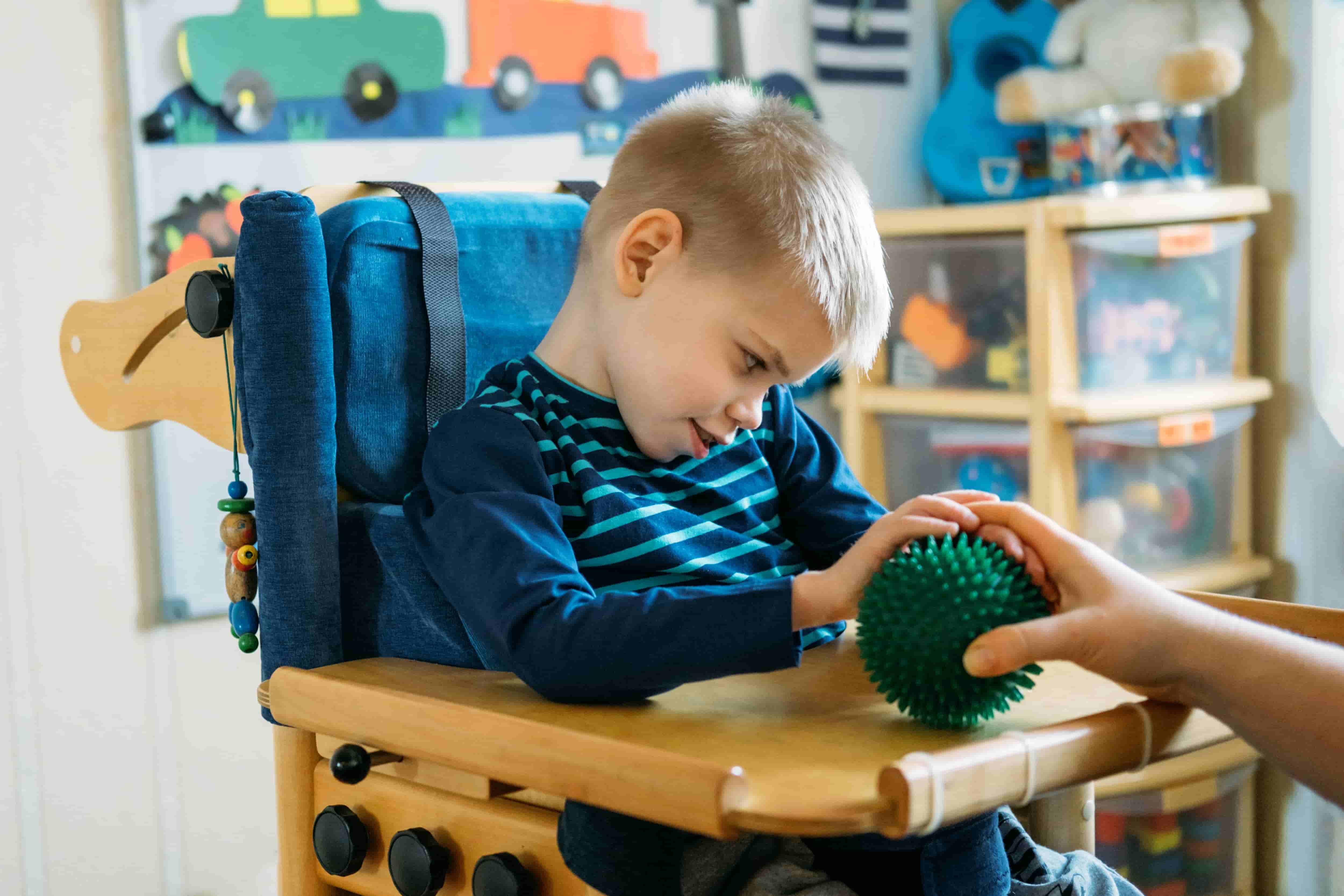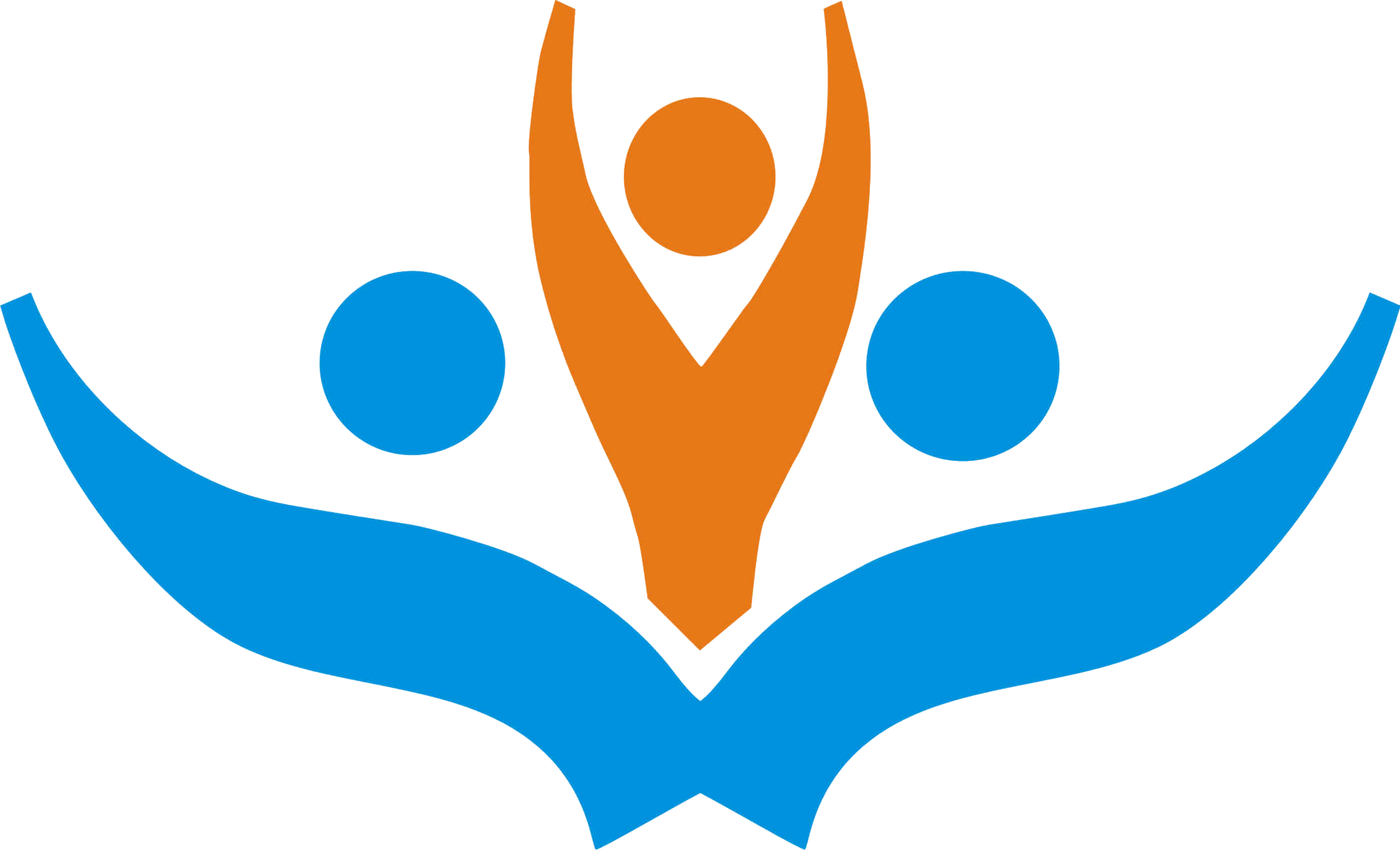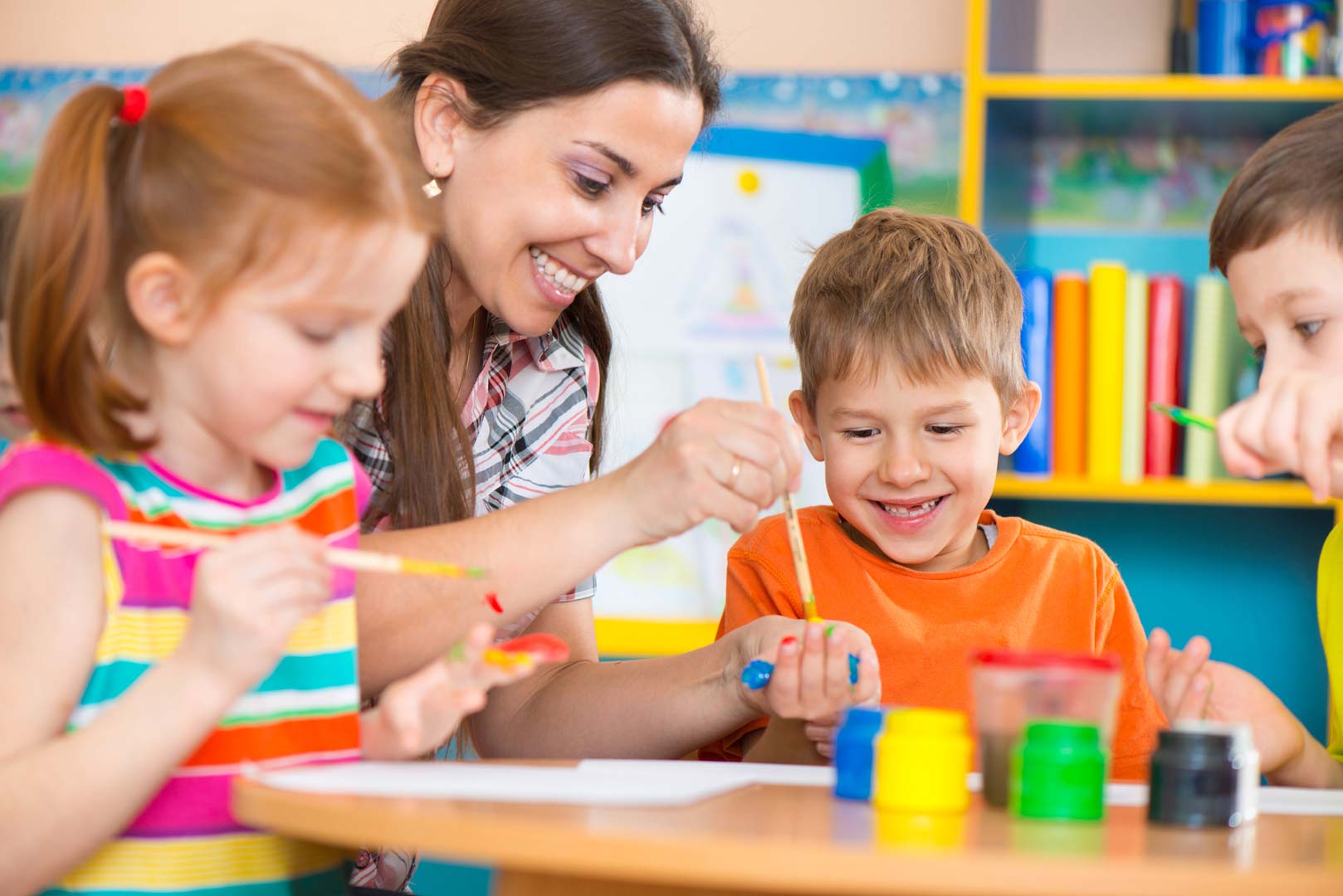
Helping in transforming lives of children with disabilities
A person with a disability is unable to perform certain functions as well as most others. The disability may be physical, it may involve senses like seeing or hearing, it may involve the inability to think clearly, or it may involve mental health. Many people with a disability have full abilities in other areas.
Disability is common – about 1 in 50 children have a disability. There are many types of disabilities which include disabilities that children are born with, disabilities that develop after birth and disabilities that are caused by injury. Children with a disability may have special needs and require early intervention and as much support as possible.
Disabilities such as Cerebral Palsy, Down’s syndrome, Intellectual and Physical disabilities create challenges with thinking, behavior and skill development.
CEREBRAL PALSY
Cerebral Palsy is the most common motor disability in childhood. It is a condition that affects muscle control and movement which is a result of damage to brain tissue caused during pregnancy, birth or early childhood. It affects 1 in every 400 children in India.
It is usually caused by an injury to the brain before, during or after birth. It is a widely known term used to describe any form of non-progressive disability resulting from this type of brain damage. Cerebral Palsy can affect and impair overall mobility in many people and the range of impairment can differ depending on how severely the brain is affected.
The main causes include:
• Infection in the early part of pregnancy
• Lack of oxygen to the brain
• Abnormal brain development
• A genetic link which is quite rare
Physiotherapy can play an important role in helping people manage their Cerebral Palsy – it can benefit both adults and children with the condition by assisting them with their mobility difficulties.
For children, physiotherapy can aid their physical development which includes walking, crawling or sitting. The physiotherapy can and should be done on a regular basis to ensure continuing muscle development and to help decrease muscle tightness and spasms. It can also help children with weak arms or legs, and manage uncontrolled movements.
For adults, physiotherapy is more about trying to control muscle action but it can also improve mobility and can help them with balance and to reduce their risk of falls. Physiotherapy can improve quality of life by increasing independence. Some forms of physiotherapy can also increase muscle sensation through sensory stimulation.
Down’s Syndrome and Intellectual Disability
Down’s syndrome is a genetic condition that happens when a child is born with an extra chromosome. The extra chromosome affects the way a child’s brain and body develop, leading to developmental delays, intellectual disability and an increased risk for certain physical disabilities.
Down’s syndrome is the most common genetic cause of intellectual disability, affecting approximately 1 in every 700 children. It is named after John Langdon Down, a British physician who first recognized the traits of Down’s syndrome in 1866.
Many intellectual disabilities are caused by genetic abnormalities. The two most common genetic causes of intellectual disabilities are Down’s syndrome and Fragile X syndrome.
Nothing done before or during pregnancy can cause Down’s syndrome. It occurs in all races, social classes and in all countries throughout the world. It can happen to anyone.
The diagnosis is usually made soon after the birth of a baby because of the baby’s appearance. Doctors quickly recognize the following physical features of Down’s syndrome:
• The child’s eyes usually have an upward slant.
• There are white spots on the Iris called Brush field spots.
• The child’s ears have an unusual shape.
• Neck is shorter than usual.
• Shape of the face is full.
• Profile of the face tends to be flat.
• Palm of the hand may have a profound crease running crossways.
The definitive diagnosis of Down’s syndrome requires a blood test which reveals the abnormal Trisomy 21 and the procedure is called a chromosomal karyotype. Down’s syndrome causes a variety of deficits in intellectual and adaptive functioning.
Disabled children and young people, and their families, face many barriers everyday - from social events to sports to accessing health services and coping at school, college or work. To bring about the changes we think will make a positive, practical and lasting difference, we need to help those who work, volunteer or engage with disabled children and young people.
We believe that people across India are looking to change society for better on the matters related to disability. Disabled children and young people, their families, friends and other caretakers should receive the support they need on the issues that matter to them.
Physical disabilities can affect a person at any stage of their life – whether be it in their younger years, or as they begin to age. However, having a physical disability should not stop you from living a happy and stable life from the comfort of your own home. This is where Chetna Foundation can be the perfect option for either yourself or your loved one to be considered for someone with a physical disability.
| Tweet |




